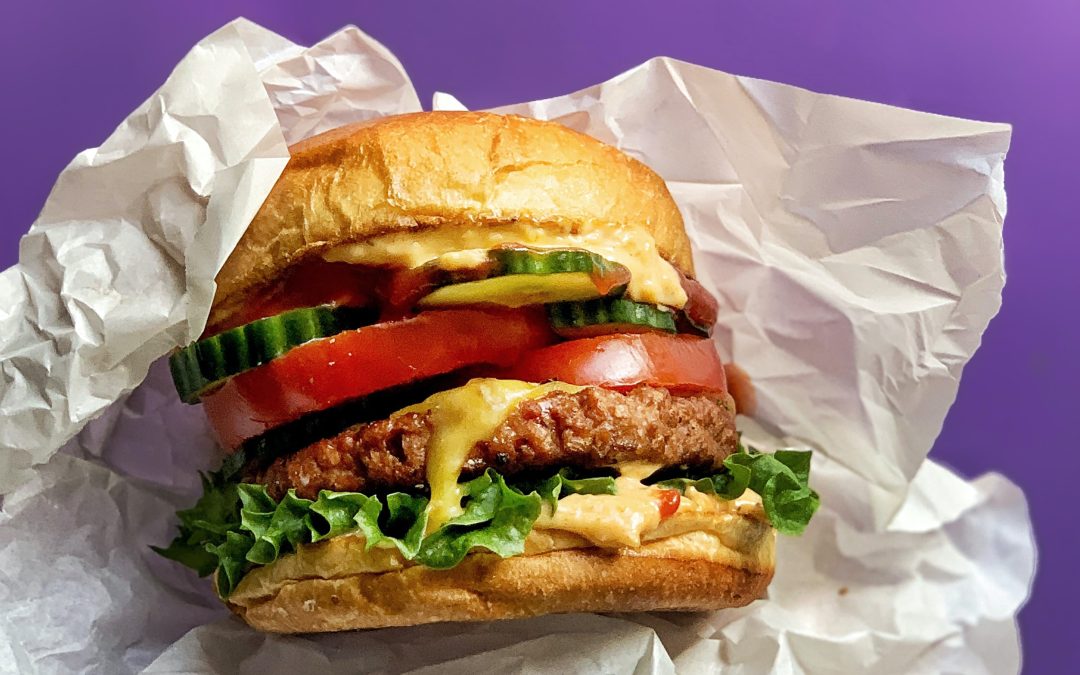Quality Meat Scotland (QMS) has commented on a review considering the effects of varying intake of micronutrients resulting from changes in dietary intakes.
The review, titled ‘Impact of consuming an environmentally protective diet on micronutrients: a systematic literature review‘, highlighted the importance of consuming red meat in conjunction with plant-based foods and proteins.
QMS added that ‘a typical meat-free meal has a lower protein quality than animal foods’, and said that despite lower intake of nutrients like vitamin B12, vitamin D, zinc and iodine, plant foods are rich in fibre, vitamin C and polyphenols and are ‘still vital to include in the daily diet’.
Dietitian and QMS board member Dr Carrie Ruxton, lead author of the ‘Animal board invited review: The contribution of red meat to adult nutrition and health beyond protein‘, said: “Red meat has been eaten by humans for tens of thousands of years and the reason is because it is a very nutrient-dense food, containing most of the nutrients we need for growth and repair. Not only this, some of the minerals in red meat, such as iron and zinc, are in a format that’s better absorbed by the human body compared with plant or fortification sources.”
Ruxton continued: “Studies which link high meat intakes with health conditions, like bowel cancer, take a snapshot of diet in thousands of people with a myriad of lifestyle habits.
“But a major problem with these ‘observational studies’ is that they don’t prove cause and effect. What we do know is that people can keep in good health by sticking with a moderate amount of meat – that’s five weekly servings around the size of a deck of cards.”
Lack of meat could present dietary risks
Within the review, it was said that the risks of meat-free diets were ‘only just being recognised’, and highlighted that nutrients like vitamin B12, zinc and iron may be less present in those adhering to a meat-free diet, resulting in a ‘higher risk of bone fractures’ as well as lower protection for muscle tissue.
One of the studies in the review found that meat eaters had a ‘significantly lower risk of hip fracture compared with groups that avoided meat’, as QMS looked at another study that found animal proteins were ‘more effective for building and maintaining muscles’ when compared with plant proteins.
QMS said that with the ‘growing opposition to ultra-processed foods’, there may be more consumers turning to ‘omnivorous diets’.









